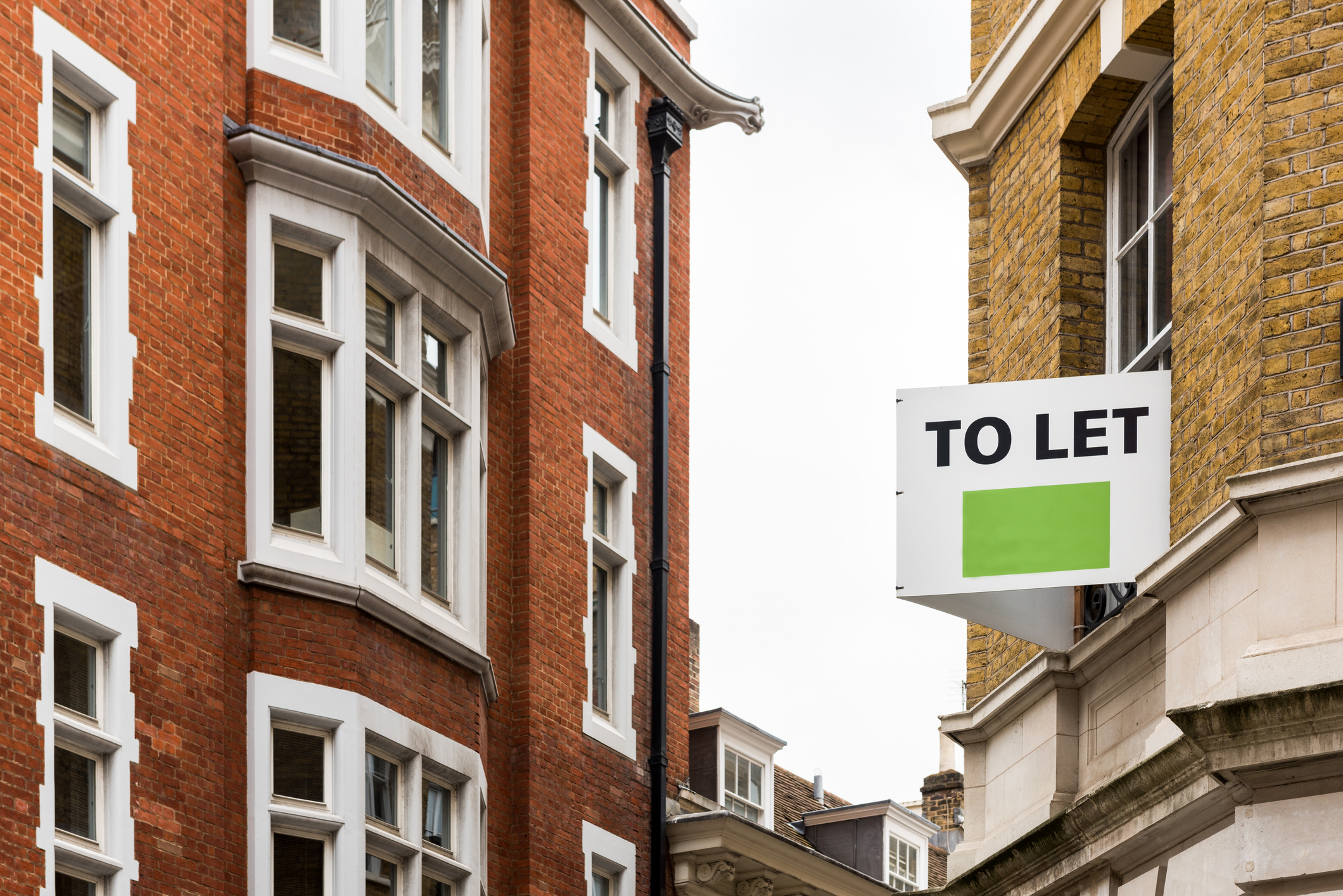Annual UK rent jumps £3,240 since Covid, says Zoopla
Zoopla finds rental costs have risen 27% since 2021, with rental costs far outstripping wages over that period


Get the latest financial news, insights and expert analysis from our award-winning MoneyWeek team, to help you understand what really matters when it comes to your finances.
You are now subscribed
Your newsletter sign-up was successful
Want to add more newsletters?

Twice daily
MoneyWeek
Get the latest financial news, insights and expert analysis from our award-winning MoneyWeek team, to help you understand what really matters when it comes to your finances.

Four times a week
Look After My Bills
Sign up to our free money-saving newsletter, filled with the latest news and expert advice to help you find the best tips and deals for managing your bills. Start saving today!
The average cost of renting a home in the UK is now £3,240 higher than at the end of the Covid-19 lockdowns, according to Zoopla.
The online property website says rents have risen 27% since 2021, with rental costs far outstripping wages over that period. Zoopla says the annual cost of renting a property is now £15,240, up from £12,000 in 2021.
Richard Donnell, executive director at Zoopla, said: “The number of rented homes hasn’t grown since 2016, creating scarcity for renters at a time when demand has boomed on a strong labour market and the rising cost of home ownership."
MoneyWeek
Subscribe to MoneyWeek today and get your first six magazine issues absolutely FREE

Sign up to Money Morning
Don't miss the latest investment and personal finances news, market analysis, plus money-saving tips with our free twice-daily newsletter
Don't miss the latest investment and personal finances news, market analysis, plus money-saving tips with our free twice-daily newsletter
However, the property firm added that the rate at which rents are rising is now the slowest for three years, with tenants severely stretched in terms of what they can afford.
Will rental costs continue to rise?
According to estate agency Savills, the short supply of stock will keep UK rental growth strong in the short-term.
It said a continued imbalance between supply and demand will keep rents higher but said an “affordability ceiling” will limit growth between 2025 and 2028.
Emily Williams, director in the Savills residential research team, says it is difficult to see where an increase in rental supply will come from over the next couple of years until interest rates and mortgage pricing drops.
She says: “The end of a series of national lockdowns sparked increased rental demand in mid-2021 that has consistently outstripped supply ever since. At the same time, the rising cost of debt has impacted the profitability of many mortgaged landlords.
“This, together with a changed tax and policy environment, is forcing an increasing number to sell their properties. As a result, competition for stock is tough, and tenants are having to bid upwards to secure a tenancy."
And what about house prices?
House prices rose at their fastest annual rate in two years in November, with buyers racing to get ahead of changes to stamp duty rules.
According to data from Nationwide, house prices jumped by 3.7% year-on-year last month, up from 2.4% in October, to £268,144 on average.
Alice Haine, personal finance analyst at Bestinvest by Evelyn Partners, the wealth manager, said: “The decision not to extend the current relief on stamp duty thresholds beyond the end of March was a further blow for the market, though this is likely to lead to an uptick in house prices over the next four months as buyers race to secure a deal before the deadline to avoid a bigger tax bill.”
The rise means house prices are just 1% below their all-time high recorded during the summer of 2022.
Robert Gardner, Nationwide’s chief economist, said at the time: “The acceleration in house price growth is surprising, since affordability remains stretched by historic standards, with house prices still high relative to average incomes and interest rates well above pre-Covid levels.”
Get the latest financial news, insights and expert analysis from our award-winning MoneyWeek team, to help you understand what really matters when it comes to your finances.
Chris is a freelance journalist, and was previously an editor and correspondent at the Financial Times as well as the business and money editor at The i Newspaper. He is also the author of the Virgin Money Maker, the personal finance guide published by Virgin Books, and has written for the BBC, The Wall Street Journal, The Independent, South China Morning Post, TimeOut, Barron's and The Guardian. He is a graduate in Economics.
-
 Should you buy an active ETF?
Should you buy an active ETF?ETFs are often mischaracterised as passive products, but they can be a convenient way to add active management to your portfolio
-
 Power up your pension before 5 April – easy ways to save before the tax year end
Power up your pension before 5 April – easy ways to save before the tax year endWith the end of the tax year looming, pension savers currently have a window to review and maximise what’s going into their retirement funds – we look at how
